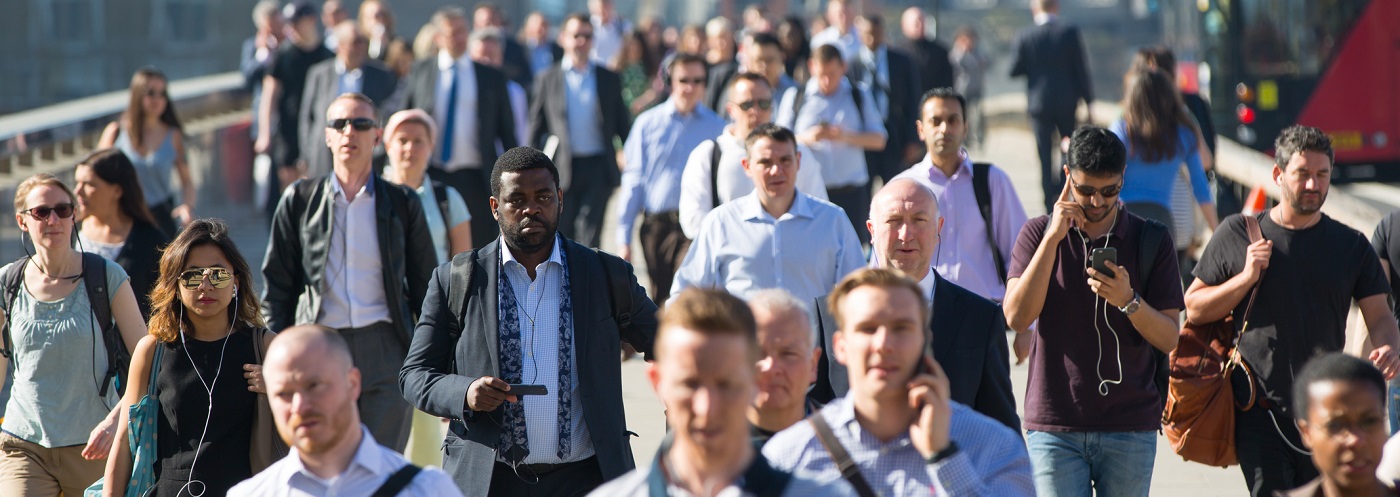Pluralism, Polarisation and Social Cohesion

The Pluralism, Polarisation and Social Cohesion (PluPol) research platform addresses the current situation in Sweden and its neighbouring countries, where societal change, migration and globalisation have led to them being characterised by pluralism; this can result in challenges such as polarisation between groups or individuals, but also to social cohesion.
The research platform focuses on the multifaceted relationships between the state, welfare actors, civil society and individuals, and how these are affected by contemporary demographics. From this starting point, research examines local, regional and national challenges and opportunities in the health, education, defence, and police and security sectors, public and municipal administration, and explore how these can be constructively addressed.
The platform’s aim is to produce empirically based knowledge that is directly relevant to society, partly by analysing the situation outlined above in Sweden, but also using comparable cases in the Nordic countries, the Baltic Sea region and other parts of the world, implementing the different theoretical and methodological perspectives offered by the humanities and social sciences.
Contact


Profiles
PluPol has four main profiles.
Calendar
Could not find any events.
More eventsNews
Could not find any news.
More news
